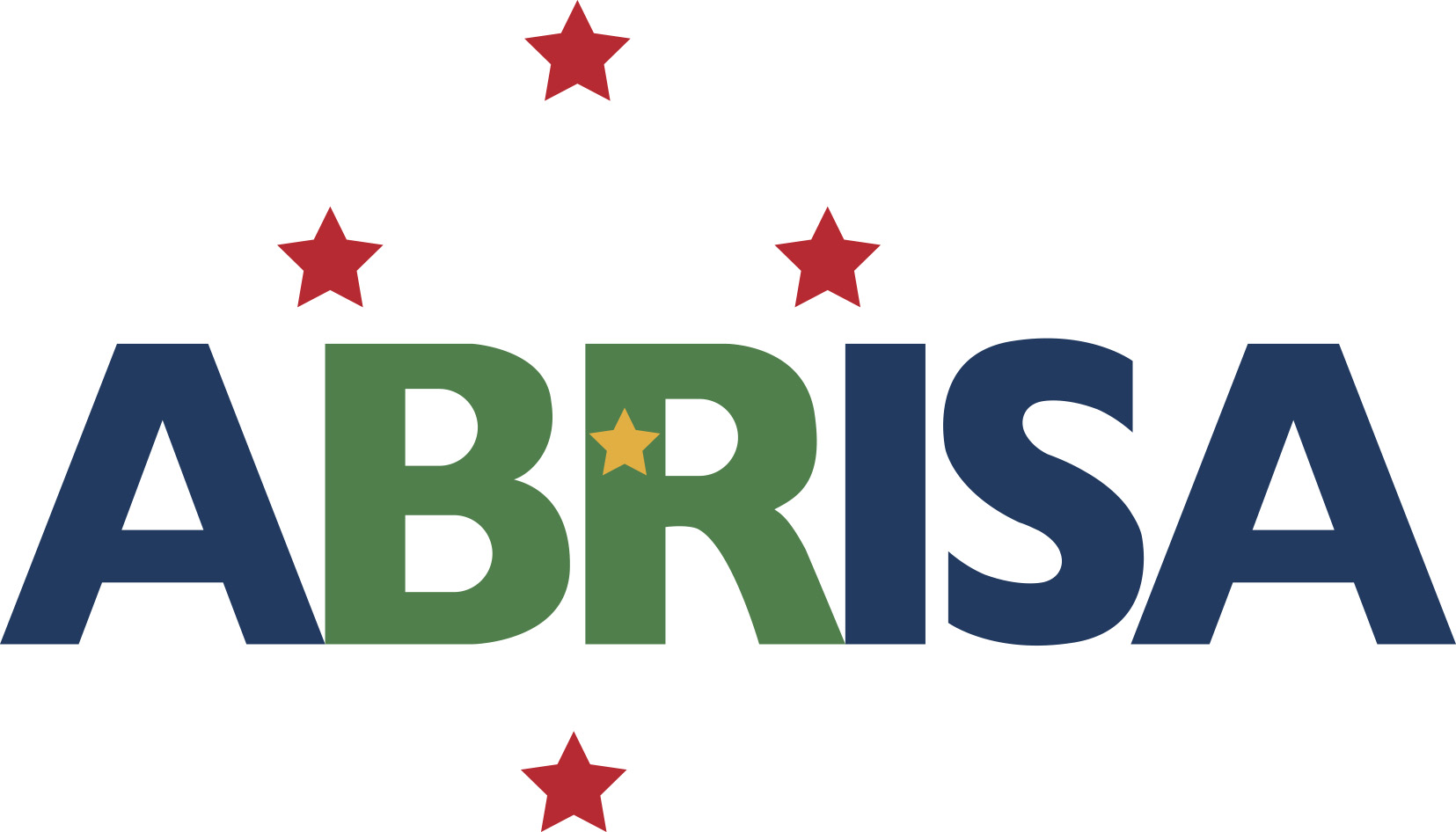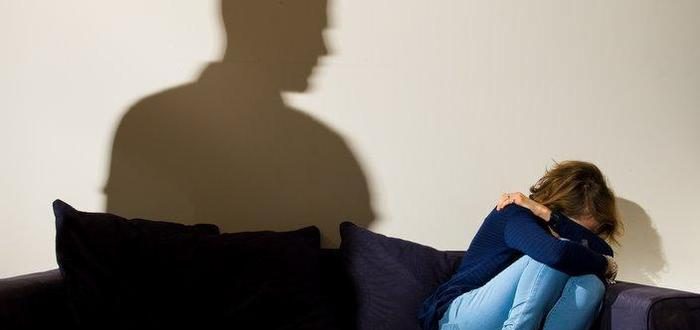VIOLÊNCIA DOMESTICA – LINKS
WHERE TO LOOK FOR HELP
- Police on 000 if you are in immediate danger
- 1800RESPECT: 1800 737 732, https://www.1800respect.org.au/?_sm_au_=iVVr8rM8vp8N1qMP
- Domestic Violence Line: this is a statewide free-call number and is available 24 hours, seven days a week. 1800 656 463, http://www.community.nsw.gov.au/parents,-carers-and-families/domestic-and-family-violence/domestic-violence-line
- Immigrant Women’s Speakout Association of NSW – 02 9635 8022
- Rape and Domestic Violence Services Australia – http://www.rape-dvservices.org.au/
- Community legal centres around Australia: They provide free information and assistance. CLCs are located throughout Australia in metropolitan, regional, rural and remote locations, find a centre near you by visiting http://www.naclc.org.au/clc_directory.php or by calling 9264 9595.
- Women’s Legal Services NSW – Domestic Violence Advocacy Service (DVAS) – 1800 810 784 or 02 8745 6999. Their website is http://www.wlsnsw.org.au/?_sm_au_=iVVr8rM8vp8N1qMP
- Another Closet: services and information on violence in gay and lesbian relationships. Their website is http://www.anothercloset.com.au/?_sm_au_=iVVr8rM8vp8N1qMP
- Women’s Domestic Violence Court Advocacy Program – 1300 888 529, this service provide court support, advocacy, referrals and information. Some WDVCAS have specialist workers to help women from culturally and linguistically diverse backgrounds
- RSPCA Safe Pets Program – 02 9770 7555. The RSPCA Safe Beds for Pets program provides temporary housing for pets of people who are seeking refuge from domestic violence
- Domestic violence at work – provides information and support to working women experiencing domestic violence on how to stay safe at work
- Legal Aid NSW (Defensoria Publica): They provide free information and assistance. They have offices located throughout NSW in metropolitan, regional, rural and remote locations, find a centre near you by visiting http://www.legalaid.nsw.gov.au/contact-us/find-a-service or by calling 9219 5000.
- Legal Aid offices in other states: find their offices and contact numbers by visitinghttp://www.nationallegalaid.org/
- Rape Crisis Centre/Sexual Assault Hotline – 02 9819 6565 or 1800 424 017
- Victims Access Line – 1800 633 063, provide confidential support, referral and information for victims of crime
- LawAccess NSW: is a free government telephone service that provides legal information, referrals and in some cases, advice for people who have a legal problem in NSW. If you require an interpreter, call the Translating and Interpreting Service (TIS) on 131 450 and ask for LawAccess on 1300 888 529 or visit http://www.lawaccess.nsw.gov.au/Pages/representing/Representing-yourself.aspx
- If you need a free interpreter call the Translating and Interpreting Service (TIS National) on 131 450 and ask them to connect you to the phone number you wish to speak (i.e. police, DV hotline, community legal centre etc).
- Multilingual Phone Service (Department of Human Services). They operate a national multilingual phone service for customers receiving Centrelink payments and services. Call the Multilingual Phone Service to speak with skilled bilingual service officers.
- Victims Services: 1800 633 063
- Centrelink – Family and parenting payments: 13 61 50
- Child Support Agency Australia: 131 272 help for separated parents over financial support of their children
- CreditLine: 1800 808 488 financial advice and referral
- Multilingual information: 13 12 02
- https://www.whiteribbon.org.au/
IMMIGRATION DEPARTMENT WRITTEN STATEMENT
- Domestic and family violence is unacceptable in any circumstances and victims are encouraged to seek professional assistance.
- Preventing and responding to domestic and family violence is a whole-of-government priorityencompassing Australian federal, state and territory jurisdictions.
- Family violence provisions, such as permanent residency entitlements, are in place to allow eligible Partner visa applicants to leave a violent relationship without the risk of losing their right of residence in Australia.
- To satisfy the provisions the visa applicant needs to demonstrate they, or a member of their family, or their partner’s family, has suffered family violence perpetrated by the sponsor.
- If there is insufficient evidence that family violence has occurred, the case is referred to an independent expert for further assessment. The expert’s opinion is binding.
- The Government has introduced legislation to strengthen the Department’s ability to reduce domestic and family violence in the partner visa caseload:
- The Partner and Prospective Marriage visa criteria will include a requirement for the sponsor to be of good character. This criterion will be assessed using the sponsor’s police certificate/s which show any convictions.
- Under the changes, a Partner or Prospective Marriage visa may be refused if the sponsor has been convicted of a serious offence, including offences relating to acts of family violence.
- If a sponsor agrees to sponsor a visa applicant, they must agree to the Department disclosing all or any information about their character to the visa applicant and/or any other government agency.If the perpetrator of domestic violence is a temporary visa holder, they may be considered under the discretionary cancellation provisions of section 501 of the Migration Act.
- Non-citizens who commit serious crimes such as of a violent or sexual nature, should generally expect to be denied the privilege of coming to, or to forfeit the privilege of staying in Australia.
- Further information about the Family violence provisions are available on the Department’s website.
(c) Information obtained from SBS Radio website, www.sbs.org.au

